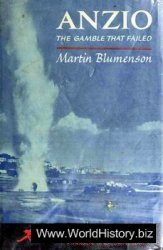The Iliad and the Odyssey (see Chapter 22, by Slatkin) are epics isolated by their size and their quality from their contemporaries and successors in ancient Greece, and very probably from their precursors too. They were commonly attributed to one exceptionally gifted and enormously respected man, Homer, about whom nothing that we would call historical was known, though the poems attributed to him were put together in a period about which we have a good deal of other information. Already in antiquity, however, these two poems were sometimes attributed to two different authors, on grounds we would find insufficient; and the question of authorship, like those of composition and recording in writing, remains controversial.
During the twentieth century our understanding of the historical background against which the Homeric poems were composed changed, but not very greatly. The bigger changes came as a result of discoveries in the characteristics of oral poetry and their application to Homeric studies, which brought about the abandonment of the older purposes and methods of research, which had often treated the poems as agglomerations of disparate material or as heavily-interpolated with ‘‘late’’ accretions. The new approach concentrated on traditional oral techniques appearing in the poems, techniques which facilitated composition and memorization, such as verbal formulae, repeated set scenes, patterns of plot, and the means of expanding or contracting a song which had no standard length, but whose features differed at every performance, even if sung by the same singer.
A product of our improved understanding of the essential nature of the Homeric songs and the techniques of oral poetry enshrined in them has been the possibility of distinguishing traditional elements in the poems, inherited by the singer from his predecessors and shared with his contemporaries and immediate successors, from the modifications and adaptations made by the outstandingly talented singer (or singers, if there were two) responsible for the Iliad and the Odyssey. Here a good deal must, of course, remain hypothetical and disputed. But certain features and examples of the great poet’s creativity can be distinguished with fair precision, and will be noticed in what follows.




 World History
World History









